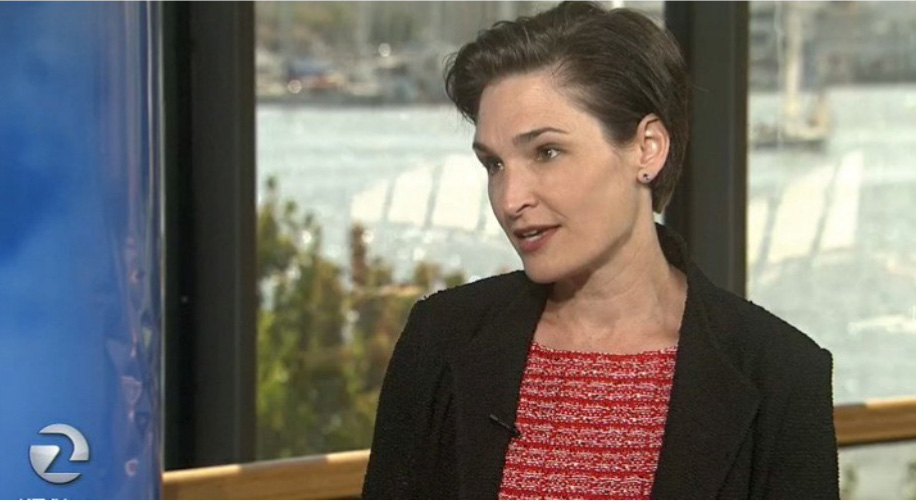By Mackenzie Whitfield, Harden Communications Partners
Love it or hate it, coverage in the media is one of the most powerful ways to build your professional reputation – and showcase your organization. Contrary to popular belief, most effective media spokespeople are “made” not “born” and expertise in media interviews isn’t taught in school and often doesn’t come naturally to 90% of the population—especially those in highly technical or analytical fields, where speaking in “sound bites” is not part of the job description. Media interview savvy is a learned skill—based on training and experience and through honing your media interview skills, you can build your own credibility as an expert and support your cause or organization.
As the PR agency for FWSF, we are always on the lookout for opportunities to tell the FWSF story through media interviews with your members and leaders. Through these interviews, FWSF spokespeople have the opportunity to build FWSF’s reputation and share your purpose, programs and actions you’re taking to advance women’s careers and influence the Bay Area’s financial community. While the thought of being interviewed on live TV can be intimidating, as FWSF President Darcy Illg will tell you, it can also be a lot of fun.
Darcy recently participated in her first live TV interview in June, on KTVU’s Money Monday, sharing FWSF’s recent accomplishments and passion for the advancement of women in financial services. It was a four minute, live studio interview, and a critical part of Darcy’s success was the preparation and training she received from Harden Communications Partners and the time she set aside to practice.

It’s important to know the background of the journalist that is interviewing you, the format of the interview and what topics the journalist would like to discuss. Before you start thinking about what you want to talk about, look into recent stories the journalist has published, which will give insight into their style and interests.
It’s also important to establish what kind of interview you’ll be participating in. Will it be print, online, radio or a television interview? Is it a phone interview or in-person? If it’s in person, will it be live or pre-recorded? Working in partnership with a public relations agency like Harden, can help ease this process. They can not only advise on the type of interview you will be participating in, but they can also help you determine what the journalist would most like to discuss and suggest interview topics to them. The agency will also help you craft your responses using key messages, which we’ll discuss later.
It may seem obvious, but you are being approached and interviewed as an expert in your field or on a specific topic. Make sure you’re up to date on your chosen topic, and the latest industry and media coverage. Remember that the journalist wants your opinion and views on their questions so be sure you know them!
Once you’ve thoroughly researched your topic, it’s important to break the information down into key messages or pieces of information you want the audience to take away from the interview. It’s a good idea to establish three key messages. Why three? Because typically that’s the maximum amount of information most people can retain. Your key messages should consist of a short, clear and concise statement followed by a positive supporting point that validates the message, these points can include statistics, analogies or examples.
Finally, have fun with it! You have been invited to have a conversation with a journalist to showcase the excellence of your work and the organization you represent. Remember the journalist is interested in what you have to say and wants to help you share your messages so be prepared, do your research and establish your key messages and supporting points.
If you found this interesting, please be sure to look for a story from us next month discussing interview techniques and tricks.